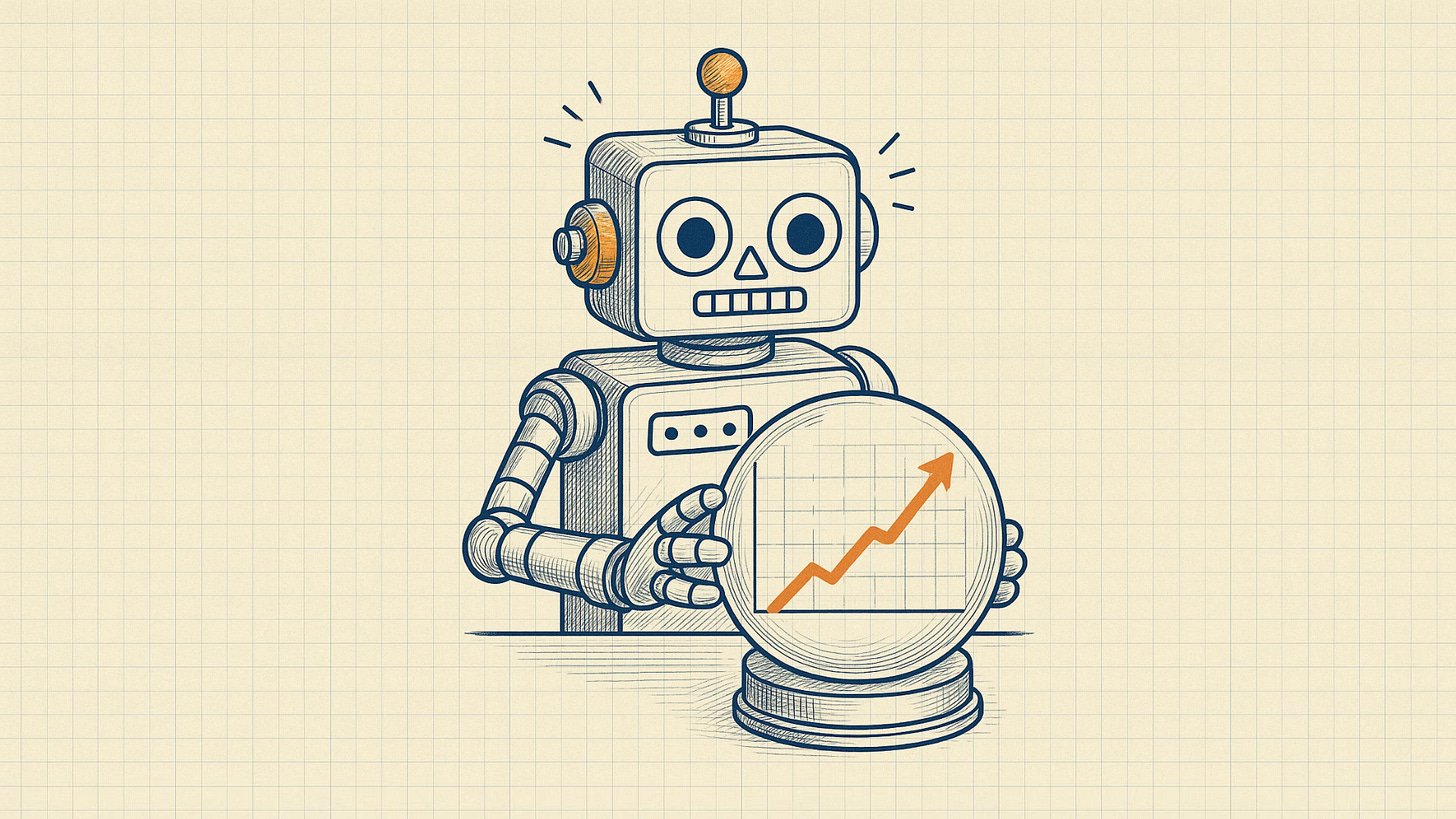Why Can't AI Predictions Be A Bit More Chill?
We’re not about birth a new god, but we can still get excited
The Parable of WeWork
The tale of WeWork is very funny, but it’s also quite tragic. It’s funny because Adam Neumann, its founder, would say things like “our mission is to elevate the world's consciousness” to describe a company that provided office space (but with beer taps and ping pong tables).
He used this lofty rhetoric to get unholy amounts of money invested into his company ($16bn from Softbank alone), before it all went predictably belly-up.
The tragedy is that it didn’t have to be that way. There was a slightly more sane pitch for WeWork that would have still been quite exciting. I imagine it could have gone something like:
A new generation of internet-first companies are taking over the globe. They need scalable, flexible desk space and office rental for their growing global workforce. WeWork is the office-as-a-service infrastructure layer for tech.
That’s a decent company pitch!
But alas.
I guess it’s obvious why WeWork didn’t go this route. They wanted to raise insane amounts of money, and the best way to do that is to tell a big story about how you’re reinventing consciousness. As Matt Levine said:
It is great for the obvious reason: If you can get into a traditional mature highly competitive business, call yourself a tech startup, and get a multibillion-dollar valuation based on potential rather than cash flow, then you have achieved a profound arbitrage and really ought to be rewarded for it. […] WeWork’s investors give it tons of money which it can then spend on giving tenants free rent. In a loose sense, WeWork’s business model is getting SoftBank to buy beer for software workers.
WeWork simply couldn’t have built this model by giving the exciting “re-inventing the office” pitch. They went all-in on changing everything, for everyone, forever.
And fine, that’s Adam Neumann’s prerogative. But for the rest of us, it made it very difficult to have intelligent, reasonable conversations about the future of the office and commercial retail.
There was too much Fundraising Founder’s Fog in the air. Not just Neumann’s proclamations, but the endless ensuing debate about it.
From roughly 2016 to 2020 there were many loud opinions about whether Neumann was a visionary or whether WeWork was a Ponzi scheme. Analysis that helped the reader understand reality and make realistic predictions was harder to find.
Can’t AI Be *Just* The Next Smartphone?
I think “Fundraising Founder’s Fog” is a good mental model for trying to parse the announcements from CEOs like OpenAI’s Sam Altman who wrote on Wednesday that:
We are past the event horizon; the takeoff has started. Humanity is close to building digital superintelligence.
Or the recent warning from Anthropic’s CEO that
AI could wipe out half of all entry-level white-collar jobs — and spike unemployment to 10-20% in the next one to five years
These guys are, first and foremost, in the business of raising ungodly sums of money to spend on chips, electricity and PHDs. Anthropic has raised over $18 billion, OpenAI over $40 billion.
They can’t tell the exciting-but-not-existential story. It’s not big enough for them.
But where does that leave the rest of us?
We are stuck in an intellectual landscape of people debating whether we are about to produce god from the machines or whether LLMs are just smoke and mirrors, stochastic parrots.
Some days I feel insane because I predict that the impact of generative AI will be somewhere between the iPhone and electricity, but that puts me in the “pessimist” camp.
The noise from both the doomsayers and the singularity-worshippers is drowning out our ability to have rational conversations about the likely impact of a profound shift in technology.
Which jobs will Generative AI augment and which will it replace? Where will workers accrue the benefits vs. companies? What industries will be reshaped? Where will new companies emerge and where will big moats get deepened? Who are the geopolitical winners and losers?
These are the exciting questions that I want to spend the next few years discussing and discovering.
I haven’t felt this excited about the industry I work in since I saw the multitouch demo in 2006 (or relatedly, the App Store launch).
That’s what this newsletter if for. To dig beneath the headlines and discuss the real seismic shifts happening.
In the meantime, if the AGI discourse would just be a little more chill, I think we’d all benefit.


